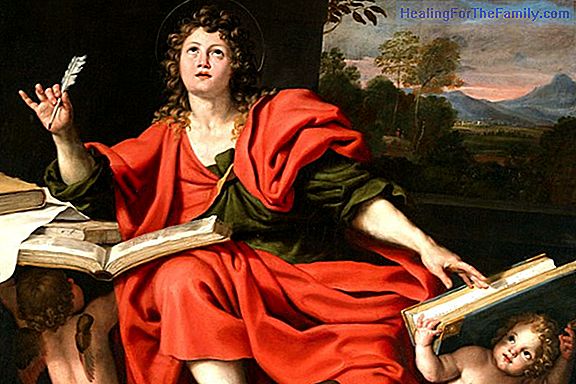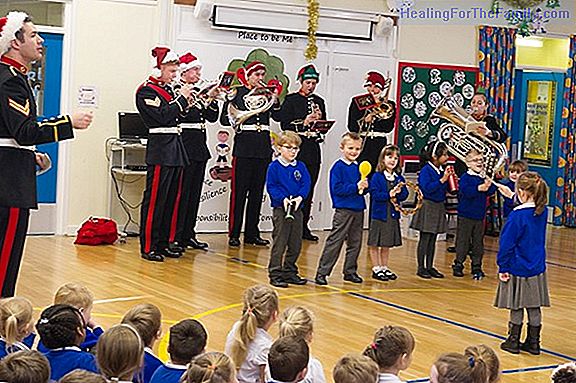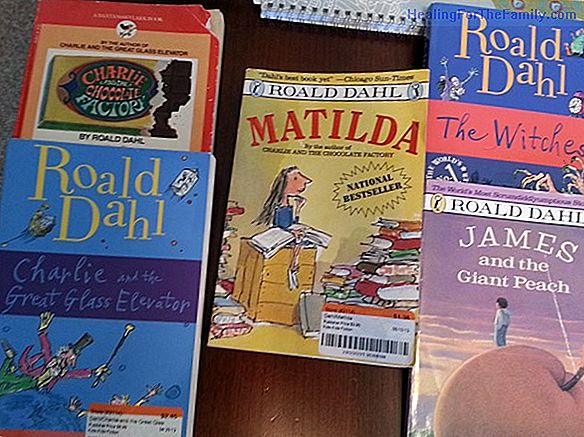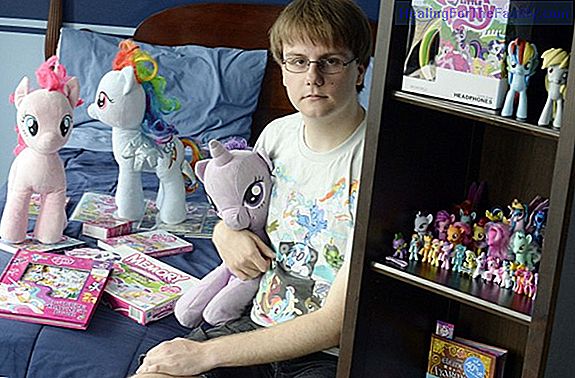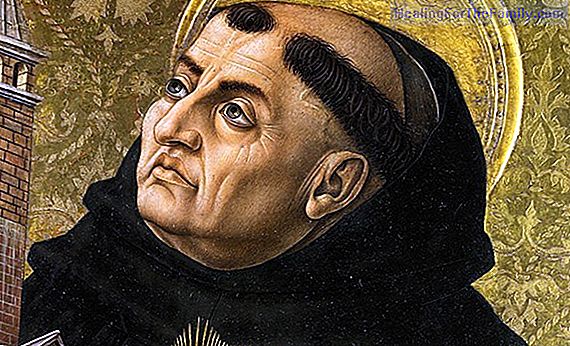Tips for traveling to Brussels as a family
Every family trip requires some planning. Find out what time it will take to organize clothes, find out if it is necessary to change money to the local currency, check if during our stay some holiday will coincide, etc. Travel to Brussels with children Useful and important aspects on which we advise
Every family trip requires some planning. Find out what time it will take to organize clothes, find out if it is necessary to change money to the local currency, check if during our stay some holiday will coincide, etc.
Travel to Brussels with children
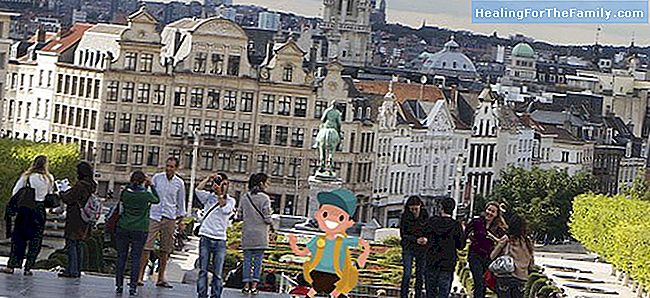
Useful and important aspects on which we advise you to make your trip to Brussels very easy and comfortable for both the elderly and children.
Climate in Brussels
Brussels has a temperate climate. The average temperatures oscillate around 20 ° C in summer and around 5 ° C in winter.
The coldest months, therefore, are December, January and February, characterized by rain, wind and even snowfall. It is a time when it is necessary to wrap up and have an umbrella, but the city looks splendid, especially at Christmas. It is also important to remember that during these months, the days have fewer hours of light and little sun.
Much brighter are the days in the spring and summer, periods of clear skies and sunny weather.
In any case, regardless of the month in which you travel, it is important that you consult the weather report, since at any time of the year there may be surprises with respect to time.
What to bring in the children's suitcase to Brussels
Brussels is a city to walk so it is important to wear comfortable shoes for the whole family. The rest of the clothes will depend on the season of the year in which we travel, but an umbrella or raincoats never comes badly just in case.
Having no coast, beachwear is not necessary, but sunglasses are an essential accessory, especially in spring, summer and autumn.
Finally, try not to carry your bags completely full, as Brussels is a destination where you will surely want to buy chocolates and some other gifts.
Business hours in Brussels
Brussels has a totally European timetable system, how could it be otherwise.
Stores open from 9:00 a.m. to 6:00 p.m., except on Sundays, but some close at noon, between 12:00 and 2:00 p.m.
Supermarkets, in general, have a continuous schedule from 10:00 a.m. to 9:00 p.m.
Museums usually open around 9:00 or 10:00 am and have uninterrupted hours until 5:00 p.m. On Mondays, they do not open.
The usual meal times in restaurants are between 12:00 and 15:00, and dinners between 7:00 p.m. and 10:00 p.m.
The currency of Belgium
The currency circulating in Brussels is the euro (€), the European currency.
Euro coins are divided into two types: euros and cents. There are coins of 1 cent, 2 cents, 5 cents, 10 cents, 20 cents, 50 cents, 1 euro and 2 euros.
As for the tickets, there are: 5 euros, 10 euros, 20 euros, 50 euros, 100 euros, 200 euros, 500 euros.
In almost all establishments it is possible to pay with credit cards (Visa, Mastercard ...).
If you need to exchange currency you can do it in the banks of Brussels, as well as in the multiple establishments destined to currency exchanges. If you prefer, you can also make the trip in your country of origin, before traveling.
Language spoken in Brussels
Brussels is an officially bilingual city. Both French and Dutch are compulsory in all public services (administrations, hospitals, police ...), although it is true that the language you will hear the most is French, spoken by 95% of the population.
In any case, you can easily get by with basic knowledge of English, since practically the majority of the population of Brussels speaks it.
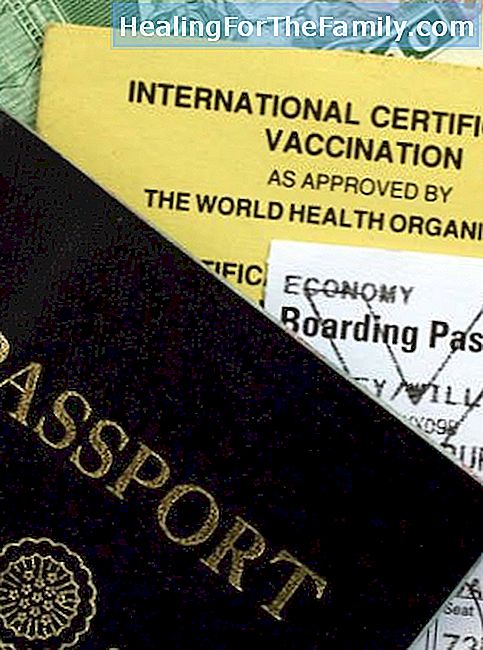
Plugs and electricity in Brussels
The electric current in Brussels is 220 volts and the plugs have two parallel cylindrical plugs. If your electrical appliances have another plug system, you will need to carry an adapter for the outlet in your suitcase.
Medical assistance and Police in Belgium
European travelers have complete and free health care with the European health card.
If you or your family suffers from a serious medical problem, you also have coverage for emergencies, whatever your country of origin, however, it is best to take out travel insurance.
The emergency telephone number is 100 and that of the Police is 101. The telephone number of Brussels is 2 and that of Belgium is 32.
Documentation and visas to travel to Belgium
Residents of the European Union can travel to Brussels with your ID or passport in force, without the need for a visa.
If you come from a European country it is very likely that you need a passport and a visa, so get informed at the Belgian consulate in your place of origin.
Holidays in Brussels
- January 1, New Year
- Easter Monday
- May 1, Labor Day
- Ascension
- Monday of Pentecost
- July 11, Flemish Community Party
- July 21, national holiday
- 15 August, Asunción
- September 27, Francophone Community Party
- November 1, All Saints
- November 11, Armistice-1918
- November 15, German-speaking Community Party
- December 25, Christmas



